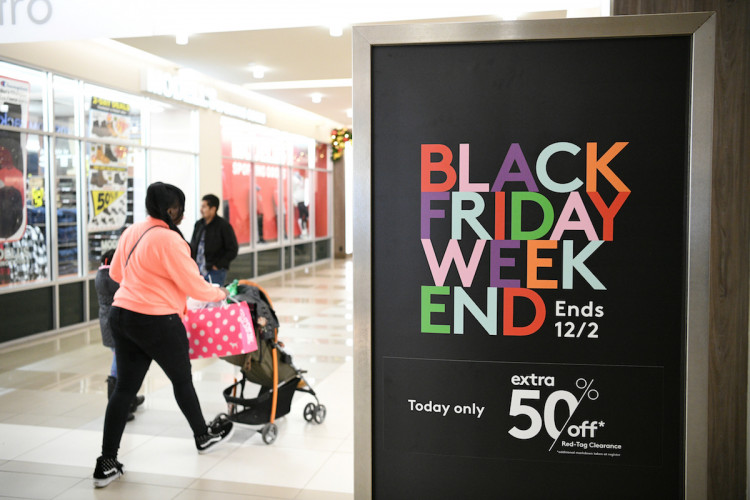The biggest shopping extravaganza in the United States was again Super Saturday or Panic Saturday (the last Saturday before Christmas), which this year established the largest single-day sales record in U.S. retail history of more than $34.4 billion, said Customer Growth Partners (CGP), a consulting and research firm based in Connecticut.
Sales on Super Saturday last December 21 were 7.8 percent higher than the $31.9 billion total for Super Saturday 2018. Super Saturday 2019 sales were 10 percent higher than Black Friday's (November 29) total sales of $31.2 billion and Cyber Monday's (December 2) sales amounting to $19.1 billion.
"Paced by the 'Big Four' mega-retailers -- Walmart, Amazon, Costco, and Target -- Super Saturday was boosted by the best traffic our team has seen in years," said CGP President Craig Johnson. "The spending momentum was so strong that even the long-ailing department stores had their best weekend of the season."
Johnson said Super Saturday's historic retail sale record was mostly driven by a strong U.S. economy and consumer spending with higher levels of employment and wage growth. Other contributors to the sales surge included a major sales promos from many retailers, favorable weather conditions that encouraged foot traffic and a late Hanukkah or the Jewish Festival of Lights that lasts for eight days and started on December 22.
"The week between Christmas and New Year's is now the third-biggest week of the season," according to Johnson. "The question now is whether today's stellar momentum leads to sustained economic growth into 2020 and beyond."
MasterCard on Thursday said American retail sales rose 3.4 percent between November and Christmas Eve compared to 2018. Online sales jumped 18.8 percent but only 1.2% for in-store sales. Digital-only accounted for less than 15 percent of total sales, meaning the much-feared brick-and-mortar retail collapse might be more fiction than fact.
MasterCard said electronics and appliances were the most popular items this holiday season, with sales rising 4.6 percent year-on-year over last year, and soaring 10.7 percent online. Specialty apparel was the biggest online item, spiking 17 percent. Jewelry was also big with sales improving 1.8 percent overall and 8.8 percent online.
Department stores struggled, however. Sales fell 1.8 percent overall although online sales grew 6.9 percent. Big department stores, such as Sears, JCPenney, Kohl's and Macy's continue to lose shoppers to big-box stores such as Walmart and Target. Specialty stores and Amazon have also taken customers from department stores, which have been hurt badly by slumping traffic at malls.
On the other hand, Tiffany, which is suffering because of Trump's trade war against China, said its sales increased from 1 percent and 3 percent between November 1 and December 24 compared to 2018. Total Chinese sales improved.
Tiffany will close its flagship store on Fifth Avenue in New York in the middle of January 2020 for renovation. It will temporarily move around the corner.






